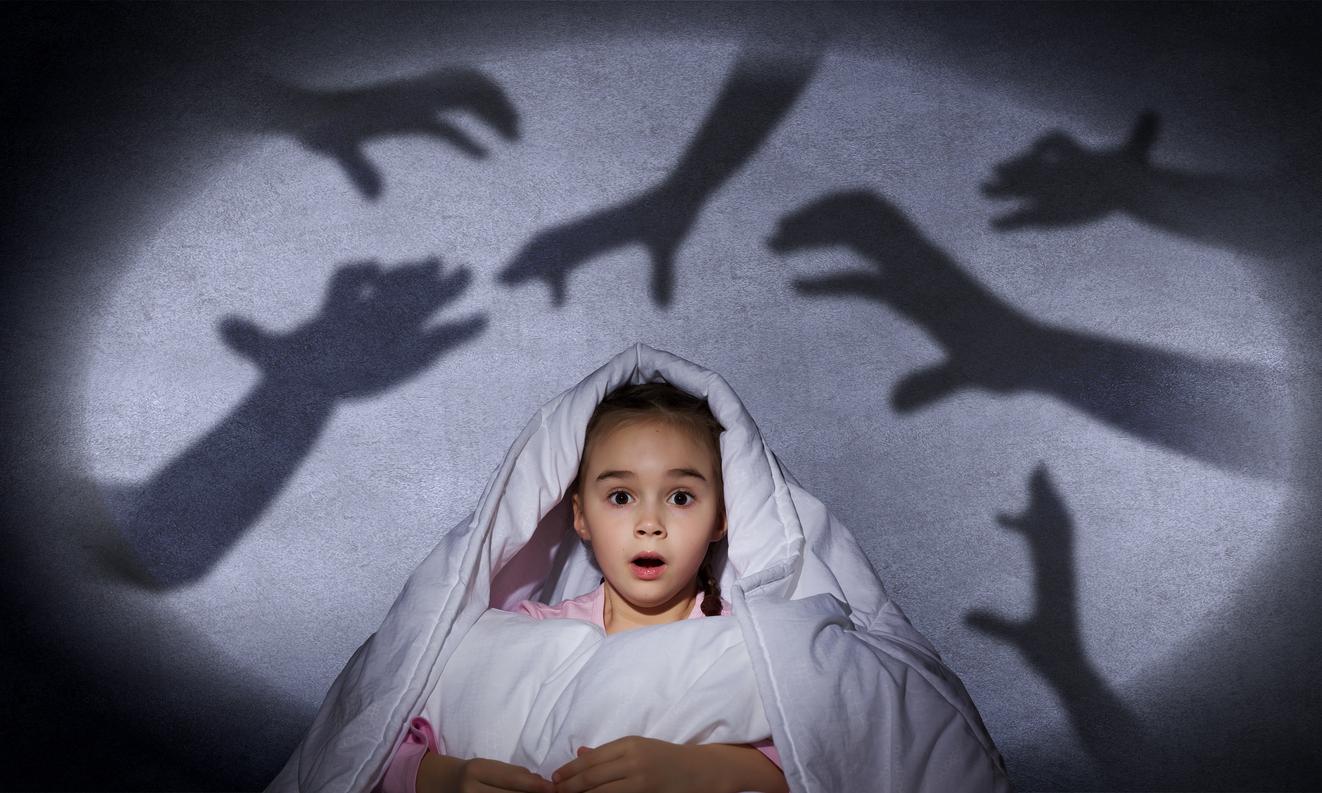The behavioral and cognitive therapies (CBT), kezaco? These are methods frequently used by psychotherapists, especially to treat addictions, compulsive behaviors and phobias. To put it simply, the therapist “corrects” the reflexes and automatisms that accompany the psychological disorder in order to “replace” them with healthy behaviors.
We already knew that CBTs were useful in the fight against seasonal depression, which mainly affects women when the days get shorter. But a recent study conducted jointly by the University of Bristol and the Center for Academic Mental Health (Great Britain) has just shown that behavioral and cognitive therapies can also be useful in addition to drug treatment to treat depression itself. .
Longer lasting effects
The researchers worked for two years (between 2008 and 2010) with a group of 469 patients aged 18 to 75 with depression. These volunteers were divided into 2 groups: the first received drug treatment and 18 CBT sessions, spread over about 5 months. The second group was only entitled to medication. Three years later, the participants had to answer questionnaires concerning their state of health and general well-being.
Verdict? “We have discovered that adding CBT sessions to drug treatment can speed up the healing of people affected by the disease. depression, and improve their level of general well-being in the long term, ”explains Nicola J. Wiles, main author of this work, published in the professional magazine The Lancet Psychiatry. Indeed, via a rating scale, the participants in group 1 felt that they felt better than those in group 2.
“Medicines intended to regulate mood do not work in everyone: CBTs therefore make it possible to increase the overall effectiveness of the treatment. In addition, patients can continue to follow CBT sessions after the end of their treatment. Another possibility: mindfulness meditation. This has also been proven against depression!
















